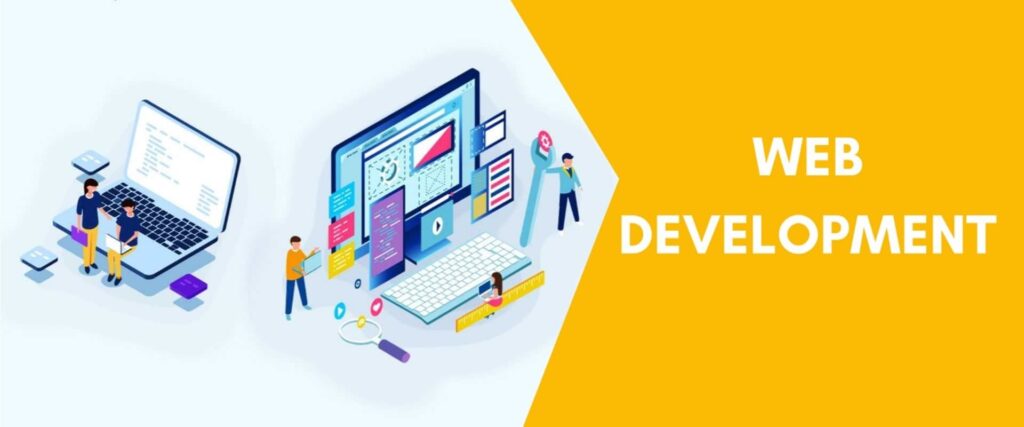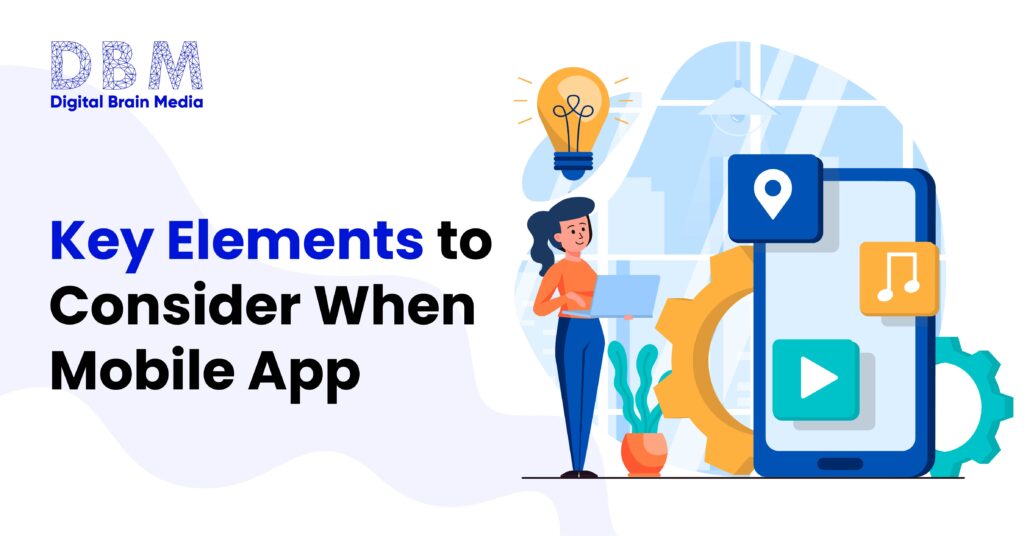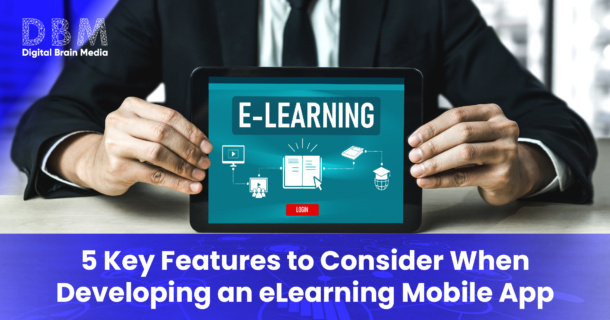
Navigating the Digital Classroom: The Future of Online Learning Management Systems

- admin
Introduction
An Online Learning Management System (LMS) is a software platform that helps organizations deliver, manage, and track online learning experiences. It serves as a digital hub for training materials, assessments, communication, and progress tracking, facilitating efficient and engaging learning for both employees and learners.
The online learning management systems (LMS) market is experiencing significant growth, driven by the increasing adoption of e-learning and the need for flexible and scalable learning solutions.
1. Market Overview
- Global Market Size: The global LMS market is projected to reach a substantial value in the coming years, reflecting a robust CAGR.
- Diverse Applications: LMS platforms are used across various sectors, including education, corporate training, healthcare, and government.
- Competitive Landscape: The market is highly competitive with numerous players, ranging from established tech giants to specialized LMS providers.
2. Key Trends and Drivers
- Rise of e-learning: The increasing popularity of online learning has fueled the demand for LMS platforms.
- Remote Work and Hybrid Learning: The shift towards remote work and hybrid learning models has accelerated the adoption of LMS.
- Corporate Training: Companies are leveraging LMS to provide effective and scalable employee training programs.
- Personalized Learning: LMS platforms are increasingly focusing on personalized learning experiences to cater to individual needs.
- Integration with Other Technologies: LMS platforms are integrating with other tools like video conferencing, content creation, and analytics.
3. Challenges and Opportunities
- User Experience: Ensuring a seamless and intuitive user experience is crucial for LMS adoption.
- Integration: Integrating LMS with other systems (HR, CRM, etc.) can be complex.
- Data Security and Privacy: Protecting sensitive learner data is a top priority.
- Customization: The ability to customize LMS platforms to meet specific organizational needs is essential.
Overall, the online learning management systems market is poised for continued growth, driven by technological advancements, changing learning preferences, and the increasing need for flexible and scalable learning solutions.
4. Key Features Shaping the Future
- Personalized Learning Paths: The future of Online Learning Management Systems lies in their ability to cater to individual learning needs. Adaptive learning algorithms will analyze students’ progress and tailor learning paths, ensuring a personalized and effective educational journey.
- Gamification for Engagement: Gamified elements, such as badges, points, and interactive challenges, will become integral to LMS platforms. This gamification not only enhances student engagement but also fosters a competitive and enjoyable learning environment.
- Augmented and Virtual Reality Integration: The incorporation of augmented and virtual reality technologies will redefine the online learning experience. Students can immerse themselves in virtual classrooms, conduct virtual experiments, or explore historical sites, bringing subjects to life in ways previously unimaginable.
- Collaborative Learning Spaces: Future LMS platforms will emphasize collaboration, mirroring real-world work environments. Features like discussion forums, group projects, and collaborative document editing will enhance the sense of community among online learners.
5. Benefits of Using an LMS
- Enhanced Employee Training: Streamline employee onboarding, conduct mandatory training, and deliver customized learning paths according to individual needs and roles.
- Improved Access and Flexibility: Learners can access training materials anytime, anywhere, on any device, promoting self-paced learning and accommodating diverse schedules.
- Increased Engagement and Retention: Utilize interactive features, gamified elements, and personalized learning paths to keep learners motivated and engaged.
- Data-Driven Insights: Track employee progress, course effectiveness, and overall training ROI through detailed reports and analytics.
Build Your Digital Presence Today!
6. Business Adoption of LMS
The demand for LMS solutions is booming, with an estimated 73.8 million LMS users worldwide in 2023 (Statista, 2023). As organizations recognize the benefits of online learning, adoption rates are steadily increasing across various industries:
- Corporations: 72% of global organizations leverage LMS platforms to empower employee development and drive business growth (eLearning Industry, 2020).
- Educational Institutions: Universities, colleges, and schools utilize LMS platforms to deliver online courses, blended learning experiences, and facilitate student collaboration.
- Government Agencies: Government agencies use LMS for employee training, public awareness campaigns, and citizen education programs.
7. The Future of LMS
With advancements in technology and evolving learning needs, the LMS landscape is constantly evolving. Emerging trends include:
- Mobile-First Design: Optimizing learning experiences for mobile devices to cater to the modern on-the-go learner.
- Artificial Intelligence (AI): Personalizing learning paths, providing AI-powered feedback, and automating administrative tasks.
- Social Learning: Fostering peer-to-peer learning, collaboration, and knowledge sharing through interactive forums and social features.
- Microlearning: Delivering bite-sized learning modules that are easily digestible and accessible within busy schedules.
8. Choosing the Right LMS
With numerous LMS options available, choosing the right platform depends on your specific needs and goals. Consider factors like:
- Organization size and industry: Small businesses may have different needs than large enterprises.
- Budget and ROI: Choose a platform that aligns with your budget and delivers measurable returns on investment.
- Learning objectives and target audience: Consider the type of training you need to deliver and the characteristics of your learners.
- Features and functionalities: Evaluate the platform’s features, ease of use, and integration capabilities with other systems.
9. Embracing the LMS Advantage
Implementing an LMS can transform your organization’s learning and development landscape. By providing accessible, engaging, and data-driven learning experiences, you can empower your employees, boost knowledge retention, and ultimately drive business success.
10. Unlocking Business Success with Online Learning Management Systems (LMS)
- Employee Skill Enhancement:
LMS platforms empower businesses to provide continuous training and upskilling opportunities for employees. By offering a diverse range of courses, organizations can ensure that their workforce remains adaptable, acquiring new skills that align with evolving industry trends. - Cost-Efficient Training:
Traditional training methods often incur significant costs for materials, venues, and travel. LMS platforms eliminate these expenses by providing a centralized, online training hub. Businesses can deliver cost-efficient training programs while ensuring consistency and scalability. - Global Accessibility:
With LMS, geographical constraints are no longer a barrier. Businesses can extend training programs to employees worldwide, fostering a globally skilled workforce. This accessibility promotes consistency in knowledge across diverse teams and locations. - Compliance and Certification Management:
Ensuring compliance with industry regulations and standards is critical. LMS platforms enable businesses to efficiently manage and track employee certifications and compliance training. This not only reduces the risk of non-compliance but also simplifies auditing processes. - Adaptability to Change:
In dynamic business environments, adaptability is key. LMS allows organizations to swiftly implement training programs that address emerging trends, technological advancements, or changes in industry regulations. This adaptability ensures that employees stay ahead of the curve. - Enhanced Employee Engagement:
Interactive and engaging content within LMS platforms enhances employee participation and retention. Features like quizzes, discussion forums, and multimedia resources create a more dynamic learning experience, leading to improved knowledge retention and application. - Talent Development and Retention:
Offering continuous learning opportunities through LMS demonstrates a commitment to employee growth. This commitment not only attracts top talent but also contributes to employee retention, as individuals are more likely to stay with organizations that invest in their professional development. - Customized Learning Paths:
LMS platforms allow businesses to create personalized learning paths for different roles or departments. Tailoring content to specific job functions ensures that employees acquire skills directly applicable to their roles, maximizing the impact of training on job performance. - Data-Driven Decision-Making:
LMS platforms provide valuable data and analytics on employee performance and engagement. Businesses can leverage this data for informed decision-making, identifying areas of improvement in training programs and addressing specific skill gaps within the organization. - Competitive Advantage:
Organizations that prioritize continuous learning and development gain a competitive edge.
Conclusion
In summary, the adoption of Online Learning Management Systems is a strategic investment that not only enhances employee skills but also contributes significantly to the overall success and competitiveness of businesses in today’s dynamic market.








